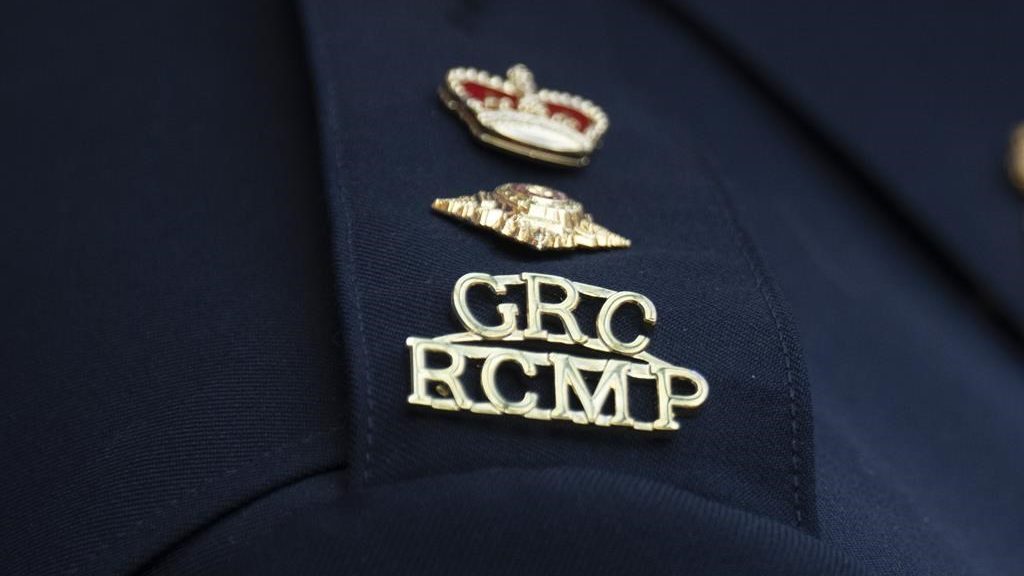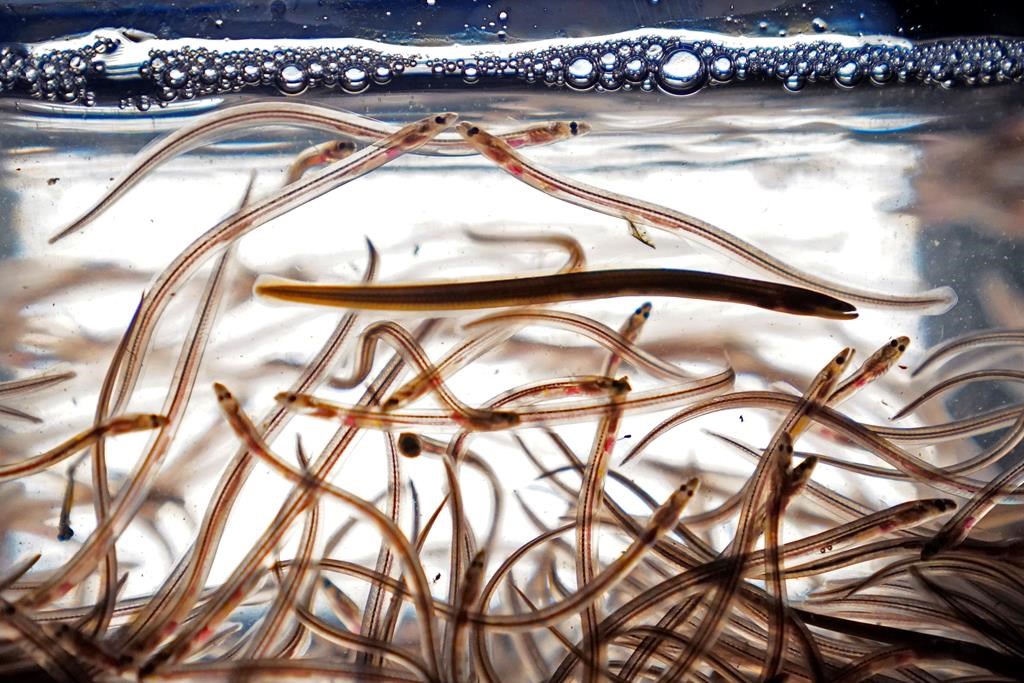FBI chief, Yemeni president pledge anti-terror front; Yemenis take heart of al-Qaida held city
Posted Apr 25, 2012 01:27:10 AM.
This article is more than 5 years old.
SANAA, Yemen – The United States and Yemen have pledged to step up high-level co-operation in the fight against al-Qaida as government forces punch their way into the heart of a city long held by militants in the Arab nation’s lawless south.
The terror network has taken advantage of the country’s political turmoil of the past year to capture several southern areas, and the Americans are eager to co-ordinate efforts with the Yemenis to push them back.
An al-Qaida settled and safe in the remote interior of southern Yemen would allow its militants to plan and execute more attacks on Western interests, taking advantage of proximity to strategic shipping lanes in the Red and Arabian seas through which much of the West’s energy needs to pass. It also allows them a foothold near fellow al-Qaida militants across the Red Sea in the Horn of Africa.
FBI director Robert Mueller was in the Yemeni capital on Tuesday and met for 45 minutes with President Abed Rabo Mansour Hadi, to discuss the campaign against al-Qaida and show political support for the nation’s new leader.
Hadi stressed to Mueller the importance of U.S support for the campaign against al-Qaida, presidential spokesman Yahya al-Arasi said. Mueller later discussed bolstering the Yemeni coast guard and the nations’ co-operation on counterterrorism with the nation’s interior minister, Abdul-Qader Mohammed Qahtan, a government statement said.
The statement didn’t elaborate, but Yemeni military and security officials familiar with the talks said Mueller told his Yemeni hosts that Washington intended to continue and possibly increase the use of drones to attack militants and to expand monitoring of Yemen’s porous coastline.
The officials, speaking to The Associated Press on condition of anonymity because they weren’t authorized to speak publicly about the talks, said the United States currently has three warships, while France and Russia each have one deployed off Yemen’s Red Sea and Arabian sea shores to prevent militants from targeting commercial vessels.
The FBI is the U.S. government’s main domestic law enforcement agency, but it has liaison offices in countries around the world. The United States has over the years provided millions of dollars for equipment and training to improve the capabilities of the Yemeni forces. It says al-Qaida’s Yemen branch is the terror network’s most dangerous.
Meanwhile, Yemeni government forces entered the centre of Abyan’s provincial capital of Zinjibar, a southern city held by al-Qaida since last year, after a fierce, six-hour battle that ended early Tuesday. Al-Qaida militants seized Zinjibar last May, taking advantage of the internal political turmoil in the impoverished nation to capture several areas in the south.
The latest fighting earned the government forces a foothold in the heart of the city, but street battles continued until nightfall, with the government forces unable to break through al-Qaida’s lines.
In separate fighting, civilians who took up arms against al-Qaida in Abyan killed 10 al-Qaida militants in an ambush on Tuesday in the town of Lawder, according to security officials who spoke on condition of anonymity because they were not authorized to speak to the media.
In Washington, the Yemeni Embassy said Mohammed Said al-Umdah, who went by the alias Ghareeb al-Taizi and provided logistical and financial support for the terror network, was killed Sunday when an airstrike hit an SUV in which he was travelling in northeast Yemen.
Al-Umdah had received military training under the late al-Qaida leader Osama bin Laden’s supervision in Afghanistan and was among 23 convicts who escaped from a Yemeni prison in February 2006, the embassy said in a statement.
The statement did not specify who carried out the strike, but U.S. drones have frequently targeted suspected al-Qaida militants in the country.
Hadi’s predecessor, Ali Abdullah Saleh, was a key ally in the U.S. fight against terror before he was ousted following a popular uprising against his autocratic rule. But the battle was sidelined during months of political insecurity.
The new leadership has vowed to make anti-al-Qaida efforts a priority again, and stepped up the offensive against the militants in the south after a military shake-up that replaced Saleh loyalists with new officials.
Hadi, who was Saleh’s vice-president, took power in February as part of power-transfer deal brokered by Gulf Arab countries and backed by the United States.
Al-Qaida in the Arabian Peninsula, the formal name of the terror network’s branch in Yemen, has been linked to several attempted attacks on U.S. targets, including the foiled Christmas Day 2009 bombing of an airliner over Detroit and explosives-laden parcels intercepted aboard cargo flights last year.
Unlike other al-Qaida branches, the network’s militants in Yemen has gone beyond the concept of planting sleeper cells and actively sought to gain a territorial foothold in lawless areas, mainly in the south of Yemen.
Control, or at least a presence, in those parts would place the militants within striking distance of tankers carrying vital oil supplies to the West from the energy-rich Gulf region.
Already, the militants have struck at Western interests in the area twice in the past 12 years. In 2000, they bombed the USS Cole destroyer in Aden harbour, killing 17 sailors. Two years later, they struck a French oil tanker, also off Yemen.
___
Hendawi reported from Cairo.










